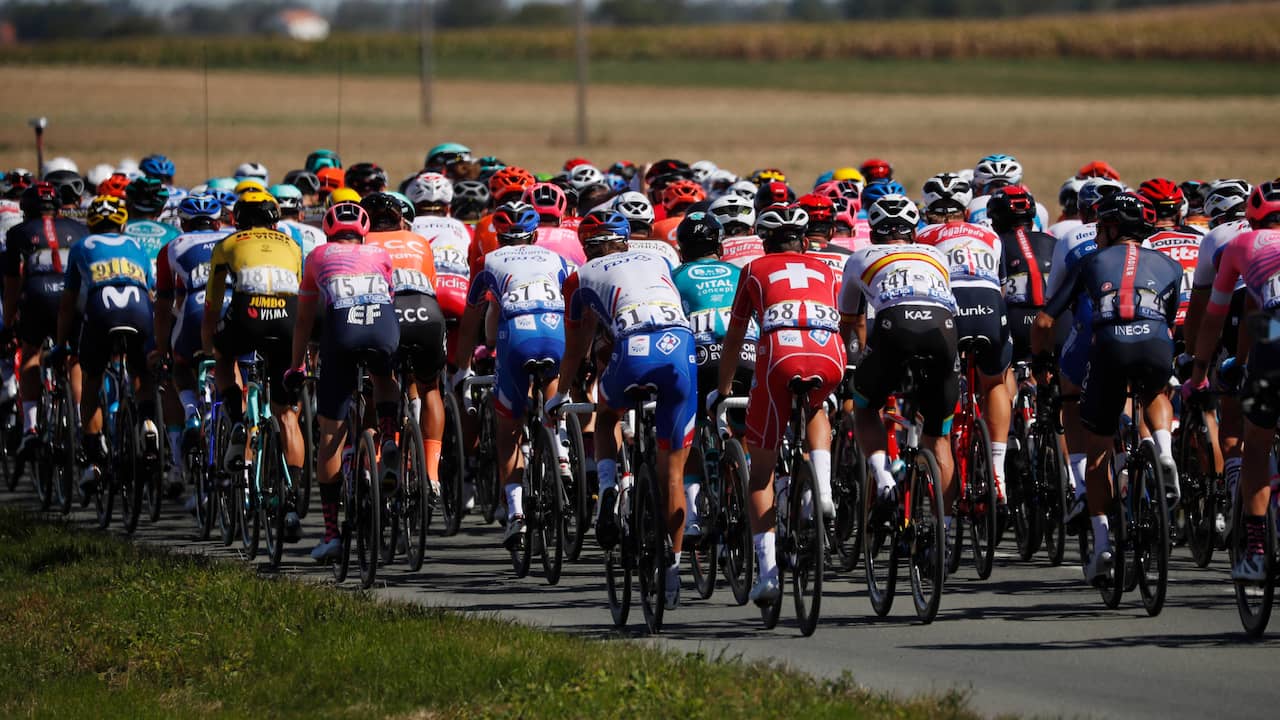Stock Image (Frame)
–
–
Published on: 09/15/2020 11:18
Stop in Italy to the double negative buffer. To ask the Government, the Minister of Health, the technical-scientific committee for the coronavirus emergency and institutions to abandon this criterion – according to which “in Italy a Covid-19 patient is considered contagious as long as the swab gives a negative result twice, with often paradoxical consequences for the duration of the quarantine “- are the Transversal Pact for Science (Pts) scientists, who relaunch the appeal arrived a few weeks ago by the authors of the social page ‘Pills of optimism’, on the day in which the CTS evaluates the reduction of the quarantine for contacts to 10 days.
For some time the World Health Organization “has abandoned this criterion – they underline – on the basis of growing and consolidated scientific evidence: the period of contagiousness, which begins about 48 hours before the onset of symptoms, reaches its peak in the first days , to then drop rapidly and substantially cancel out within 10 days. On the contrary, the positivity of the tampon can remain so for many weeks. Adopting, in the wake of almost all other countries, the WHO criterion would have significant and immediate benefits not only for people involved, but also for public health “, say the scientists of the PTS. “In fact, the fear of being isolated without a temporally defined term constitutes a dangerous incentive for those who fall ill to hide their symptoms, as well as using the tracking App”.
The president of the Pts Guido Poli, on behalf of the association, therefore signed an ad hoc letter addressed to the president of the Council of Ministers, the Minister of Health, the coordinator of the technical-scientific committee, the president of the Senate of the Republic and the president of the Chamber of Deputies to “replace the double negative buffer criterion”.
“We ask you – the letter reads – to replace the double negative buffer criterion with that indicated in the new WHO directives, reducing the period of illness for Covid-19 to 10 days (plus 3 days without symptoms, if any) and abandoning the use of the control pad. We ask you for three reasons, each of which seems to us sufficient to justify our request. The first reason – the CTS experts write – concerns the life of the people involved: forced isolation a patient who is in all likelihood no longer contagious is of no significant use, either for the patient or for the community “.
The second reason “concerns the economy and the recovery of our country: our community needs the contribution of these people, now left for a long time in a state of unjustified immobility. The third reason concerns public health: the fear of coming isolated without a temporally defined term constitutes a dangerous disincentive for those who get sick to report their symptoms and to use the tracking App, which instead urgently needs many new members “.
“We conclude with an observation – continues the letter, published on Facebook – In contrast to our request, it is frequently argued that the new WHO directives would be designed for countries with limited resources and therefore cannot guarantee a second buffer in all cases in which this is necessary, due to the insufficiency of instruments and medical personnel. In our opinion, the objection described does not hold up “.
“Firstly, most European countries have long since adopted the new WHO guidelines. Secondly, the public health reasons indicated above would justify even the assumption of a very modest risk, if it were truly associated with the new guidelines. Finally, there is a great demand from the Regions for more resources to increase the buffers: the choice we are asking you could offer important help in this direction “, conclude the scientists of the Pact for Science.
–
REPRODUCTION RESERVED © Copyright Adnkronos.


